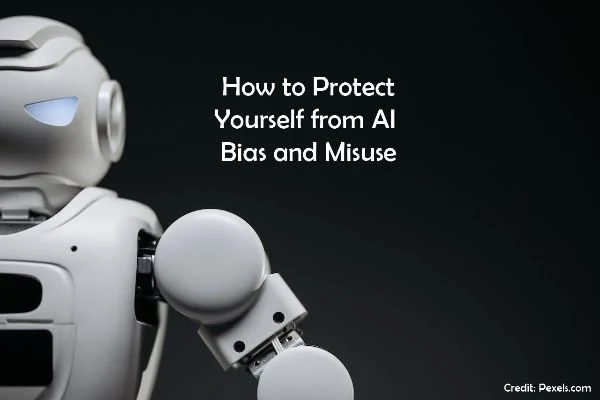
1. Introduction
AI has become an inseparable part of modern society, influencing decisions in areas like finance, healthcare and even employment. However, AI systems are not infallible, and they can inherit biases from their training data, leading to biased outcomes. Additionally, Artificial Intelligence may be misused by malicious actors, raising concerns about privacy and security.
2. Understanding AI Bias and Misuse
Definition of AI Bias
AI bias refers to the presence of prejudices in AI algorithms that can lead to unfair or discriminatory outcomes. These biases can arise from the data used to train the Artificial Intelligence, which may carry historical human biases.
Risks of AI Misuse
AI misuse involves the exploitation of Artificial Intelligence systems for harmful purposes, such as spreading misinformation, conducting surveillance, or launching cyber-attacks.
3. The Impact of AI Bias and Misuse
Inequality and Discrimination
AI bias can perpetuate existing social inequalities and discriminatory practices, affecting marginalized communities and reinforcing stereotypes.
Loss of Privacy and Security
Misuse of AI can compromise personal data, leading to privacy breaches and security threats to individuals and organizations.
4. Identifying AI Bias and Misuse
Recognizing Biased Algorithms
Understanding the potential for bias in AI algorithms is the first step towards addressing the issue. Identifying biased outcomes can help us rectify and improve Artificial Intelligence systems.
Detecting Malicious Intent
Vigilance is essential in detecting instances of AI misuse, whether it involves malicious intent or cyber threats. Timely detection can prevent significant damage.
5. How to Protect Yourself from AI Bias and Misuse
Educate Yourself about AI
Staying informed about AI technologies, their limitations, and potential biases can empower individuals to make informed decisions and demand accountability.
Encourage Transparency and Accountability
Advocating for transparency in AI development and deployment can help organizations be more accountable for the systems they create.
Advocate for Ethical AI Policies
Supporting the implementation of ethical AI policies and guidelines can ensure that Artificial Intelligence benefits society without causing harm.
Demand Data Privacy and Security
Individuals and organizations should prioritize data privacy and security measures to safeguard sensitive information from misuse.
6. Real-World Examples of AI Bias and Misuse
Biased Hiring Algorithms
AI-driven hiring platforms have faced criticism for perpetuating gender and racial biases, leading to discriminatory hiring practices.
Surveillance and Privacy Concerns
The use of AI-powered surveillance systems raises concerns about invasion of privacy and misuse of data collected.
7. Conclusion
As Artificial Intelligence becomes increasingly prevalent, addressing bias and misuse becomes imperative. By educating ourselves, advocating for ethical practices, and demanding transparency, we can harness AI's potential while protecting ourselves from its negative consequences.
8. FAQs (Frequently Asked Questions)
Q: Can AI algorithms be biased?
A: Yes, AI algorithms can inherit biases from their training data, leading to biased outcomes.
Q: How can I protect my data from AI misuse?
A: Prioritize data privacy and security measures, and stay cautious of potential data breaches.
Q: What are the risks of AI misuse?
A: AI misuse can lead to privacy breaches, misinformation spread, and cyber-attacks.
Q: Are biased AI algorithms fixable?
A: Yes, recognizing biased outcomes can help improve and rectify AI algorithms.
Q: How can individuals advocate for ethical AI?
A: Support the implementation of ethical AI policies and guidelines, and demand transparency from organizations.


Post a Comment